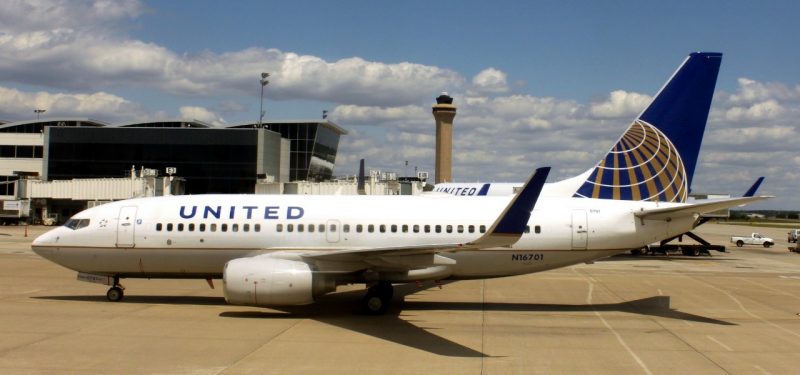This article is part of an ongoing series of Performance Retrospectives that assess real-world application performance issues in the recent past, analyze what might have happened, and offer up best practices that just might help you avoid similar problems.
What happened
Attributed to problems related to "dispatching information," all United Airlines flights in the US were grounded for nearly an hour on June 2, 2015. United's computer issues forced the Federal Aviation Administration to issue a temporary advisory notice early that morning, noting that the stoppage applied to all United Airline flights.
Why it happened
According to TIME, United Airlines flights were grounded due to unspecified "automation issues." United Airlines attributed the delay to faulty flight information in the airline's dispatch system. A related Bloomberg article reported that "United has struggled with occasional computer faults since the 2010 merger between former parent UAL Corp. and Continental Airlines created the current United Continental Holdings Inc." The root cause of the airline's computer issues appears to be software providing incorrect information to the dispatching system, along with associated integration and/or cross dependent systems.
The business impact
ABC News quantifed the impact in terms of actual flights affected: "United said Tuesday that the nationwide grounding lasted less than an hour and affected about 150 flights, or eight percent of its morning schedule. Spokesman Charles Hobart said the airline was making accommodations to get delayed passengers to their destinations."
Let's look at the impact of 150 flights being delayed at least one hour: with an average of 237 passengers per aircraft and seats estimated at $100 per passenger, the result is a loss of $3,555,000.
This doesn't factor in all the other business impacts to scheduling, ecosystem delays, brand impact, social media, and other resources. Not to mention Wall Street's reaction: shares of United Continental Holdings Inc. fell 44 cents [nearly 4 percent] to $55.88 in midafternoon trading after dipping as low as $54.36 shortly after the FAA posting.
Takeaways
With the volume of acquisitions and mergers we're observing across several industries today, it's no surprise these integrations could be wreaking havoc on business computing systems and causing potentially catastrophic failures that impact the end users.
Reflecting on this performance retrospective, we can see how developing and testing the various integrations along with the design, build, and execution of a solid automated regression test suite becomes critical. The goal must be to mitigate risks that, in this case, became a reality for so many passengers.
Considering the end-to-end performance of these integrated legacy systems with their mutli-dependency models and often archaic integrations, building-in performance is all the more important.
Image source: Flickr
Keep learning
Take a deep dive into the state of quality with TechBeacon's Guide. Plus: Download the free World Quality Report 2022-23.
Put performance engineering into practice with these top 10 performance engineering techniques that work.
Find to tools you need with TechBeacon's Buyer's Guide for Selecting Software Test Automation Tools.
Discover best practices for reducing software defects with TechBeacon's Guide.
- Take your testing career to the next level. TechBeacon's Careers Topic Center provides expert advice to prepare you for your next move.



